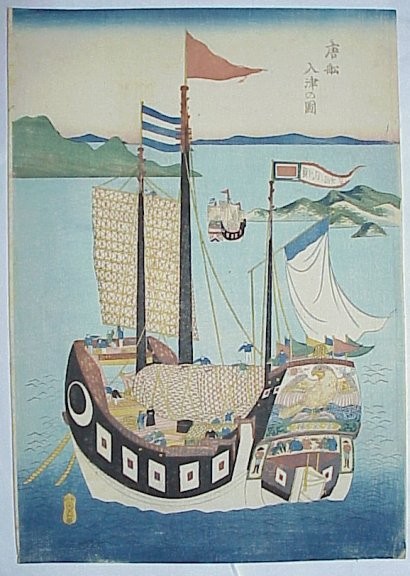Scott Relyea
Assistant Professor, Appalachian State University
‘A Fence on Which We Can Rely’: Asserting Sovereignty in Early Twentieth Century Southwest China
Friday, October 27th, 4:00-6:00 PM
John Hope Franklin Room [SSR 224]
Discussant: Tian Yuan, PhD Student, University of Chicago History Department
Please Join the East Asia: Transregional Histories Workshop in welcoming Scott Relyea [Appalachian State University] as he presents one of his current works-in-progress. Titled “Indigenzing International Law in Early Twentieth Century China: Sovereignty in the Sino-Tibetan Borderland,” Professor Relyea provides the following abstract:
This paper analyses the introduction of international law into China during the Qing Dynasty’s last decades and the first few years of the Republic of China. It explores the influence of two international law texts, the translation Wanguo gongfa (The Public Law of All States), published in Beijing in 1864, and perhaps the first indigenously written international law text in China, Gongfa daoyuan (The Origins of International Law), published in Chengdu around 1899. Building on scholarship exploring the global circulation of knowledge, which focuses largely on political and intellectual centres, this research offers an alternative perspective from the borderlands of Asia, from the interstices of global power where states and empires met and were transformed by the norms and principles of international law, especially territoriality and sovereignty. I argue that local Qing officials overseeing the Kham borderland of eastern Tibet during the late nineteenth and early twentieth centuries adopted the conceptual basis of international law, whereas central Qing government officials were slow to do so. It was in such contentious borderlands that theoretical claims to sovereignty under international law intersected with the actual exercise of authority, where Sichuan Province officials, influenced by these two texts, adapted the norm of territorial sovereignty to both exert and assert absolute Qing authority in Kham as a stepping stone toward the whole of Tibet. During these tumultuous years in China’s transition from imperial to state form, the actions and successes of these borderland officials in Kham fostered a more thorough adoption and application of international law principles by central government officials, especially during the first years of the Republic of China. This manifest in Republican Chinese negotiators referring to these actions in Kham as substantiation for appeal to the international law principle of ‘effective occupation’ at the Simla Conference (1913-14).
Professor Relyea’s paper can be found at the post below
As always, first-time attendees are welcome. Light refreshments and snacks will be served. This event is Co-Sponsored with the East Asia Workshop.
If you have any questions or require assistance to attend, please contact Spencer Stewart at sdstewart@uchicago.edu or Robert Burgos at rburgos@uchicago.edu
